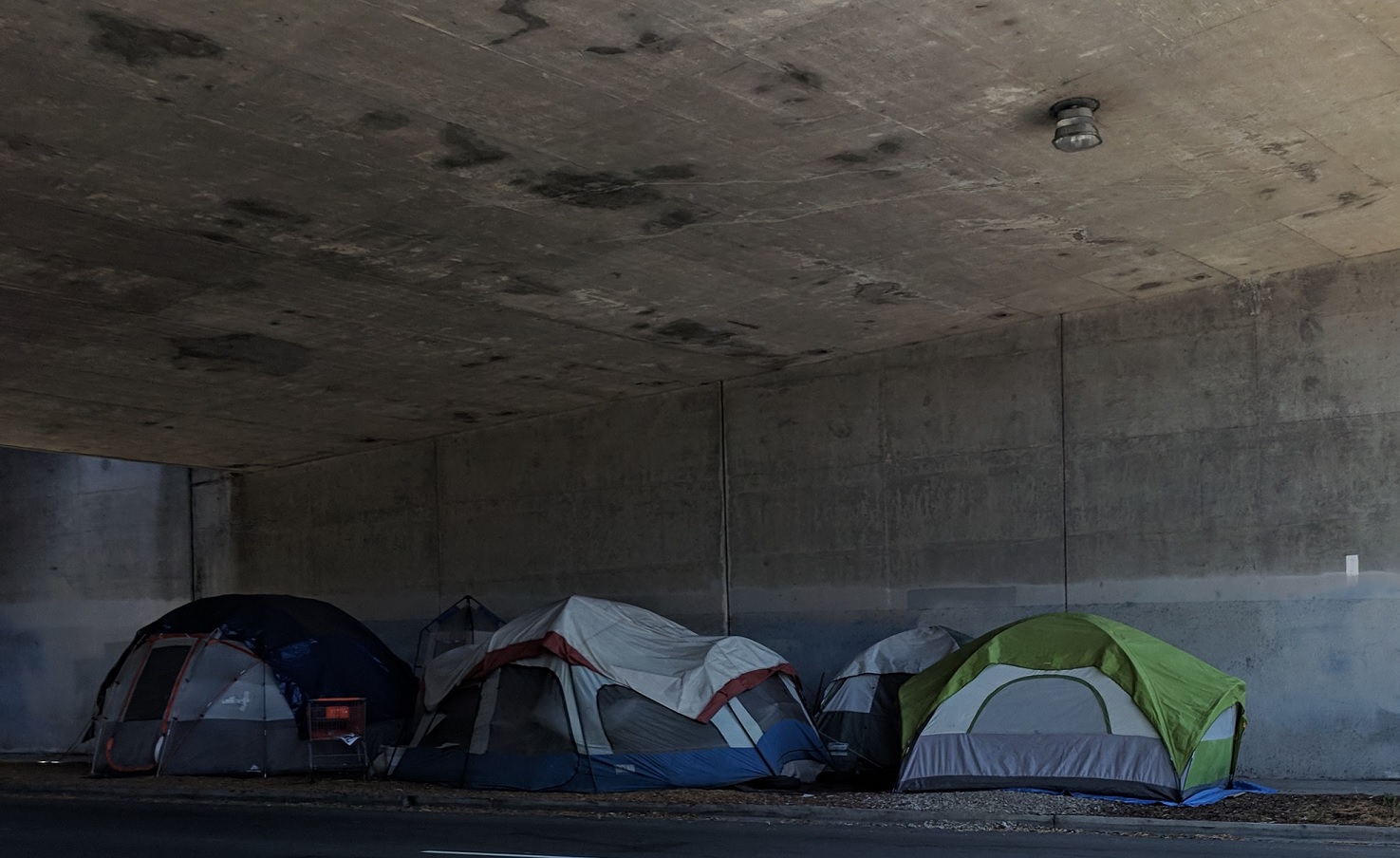What are goods like food, houses, and medicine for? To satisfy human needs, or to ensure a return on investment for shareholders?
A long, long time ago, when people were hungry, they would go out and dig some roots or hunt an antelope, and directly provide food for themselves and their community. If someone fell ill, they would consult a healer who provided medicine or other therapy to make them whole again. If they needed shelter, they would build some and live in it, whether it was an earthen structure that would last for generations, or a brush-covered lean-to that would evaporate back into the landscape when the people moved on. Goods were what people made and used to satisfy their needs. Even when social customs dictated how they should be distributed, the point was still to make sure that needs were met while wasting as little as possible.
This is no longer how we live.
Although the pandemic is still in full swing, some businesses and governments have decided to wind down special circumstances that were put into place to save lives during the public health emergency. What the “new normal” will look like afterward is anyone’s guess and will likely vary from region to region, but there’s a pattern emerging that reveals the dirty underside of modern civilization, and the real reason that goods and services are produced in our economy.
At the outset of the pandemic, schools and businesses closed, leaving some families (who were already on the edge) unsure how they would be able to feed their kids. The Universal School Meals Program Act of 2021, sponsored by Bernie Sanders (I-VT), Ilhan Omar (D-MN), Kirsten Gillibrand (D-NY), and Gwen Moore (D-WI), provided federal funding to enable schools to provide free meals to all students, regardless of income. These breakfasts, lunches, and dinners were a lifeline for families during hard times, but hard times aren’t necessarily ending.

Regardless, school board members in Waukesha, WI, are “normalizing” their district by discontinuing the program. School board member Karin Rajnicek is afraid that families will “become spoiled” if their kids continue eating the school meals, while assistant superintendent Darren Clark foresees families slowly becoming addicted to the service.
What is food for, if not for eating? Who among us (especially children) isn’t addicted to food, in the sense that we need some every day lest we suffer adverse effects? Food is apparently no longer about being able to eat, or else the people who proudly claim to be “pro life” or who say that “all lives matter” would be driven to make sure school kids were fed. Like other consumer goods, food is a now a product meant to generate a profit, and the fact that we all need to eat merely creates a market for it.
Recently, the Kaiser Family Foundation released data indicating that 72% of large health insurance plans are no longer sharing costs for COVID-19 treatment, and that another 10% of insurers intend to phase out their cost-sharing waivers by October. Back at the beginning of the pandemic, insurers, who were reaping high profits from the sudden need for medical care, worried that a government mandate might require them to pay for a larger share of the cost of COVID-19 care, or worse, that people who got sick would refuse treatment due to lack of funds and thereby make the pandemic infinitely worse.
Now, however, with effective vaccines widely available (at least in rich countries), insurers are rolling back their willingness to pick up more of the tab for people hospitalized with COVID-19. While the hope is that a healthy fear of bankruptcy-inducing medical bills will serve as a powerful incentive to finally get the shot, the real message getting through is that health care is just another product, one of the goods and services produced with the end goal of high return on shareholder investment.
Another side effect of the public health nightmare has been the inability of suddenly-unemployed people to pay their rent. Evicting broke people inevitably leads to a rise in homelessness, which would exacerbate the pandemic. The government put into place a moratorium on evictions to avoid ramping up our national misery. It was recently nixed by the Supreme Court, all six conservative justices siding with those who are chomping at the bit to get on with the evictions already. (It’s a shame that the alliance between the capital class and the most pious among us doesn’t lead to outcomes that would more closely follow the directives of the Prince of Peace.) It’s another reminder that while we all need shelter and safety, houses are no longer meant to satisfy those needs. Homes are consumer goods hoarded as profitable investments, and if you can’t afford it, enjoy doing without, eh?
If there’s anything good to be said about COVID-19, it’s this: for a brief moment, we remembered that health, medical care, food, and shelter were basic human requirements, and that as we shut down the economy to save lives, other ways must be found to provide for them. Critics will likely say that nothing is free, and they have a real point. However, a sane nation would prioritize the ability of its citizens to obtain the basics at an affordable cost, while making provisions available to those who cannot pay. Unfortunately, we’re not a sane nation, and we’re proud of it! Here in America, basic physical necessities have become commodity goods, and the needs of the shareholders outweigh the needs of people who merely need to eat, live in safe shelter, and protect their health.
Related: The Moral Justification of Capitalism


Join the conversation!